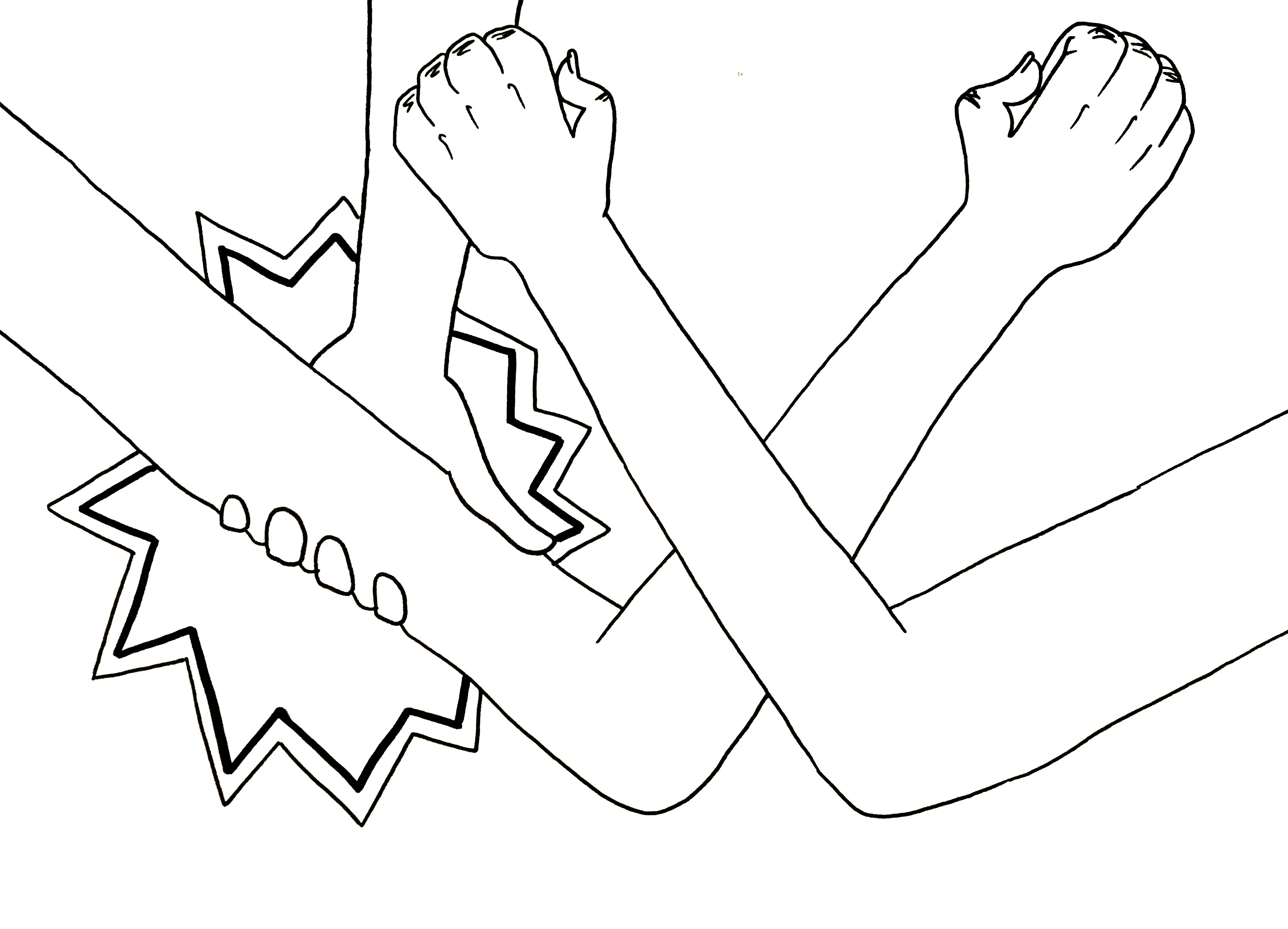Daily Trojan Editorial Board: USC makes progress on sexual assault
On Monday, Vice President for Student Affairs Ainsley Carry sent out an email memorandum reminding students of their rights and resources regarding campus sexual misconduct. But Carry’s email went beyond reviewing disciplinary policy around sexual violence, and emphasized that every Trojan can and must help prevent cases of sexual assault through bystander intervention.
The memo pointed out several ways that students who witness a situation they’re uncomfortable with can intervene — such as by creating a distraction, talking to the person who may be in trouble, enlisting others to support them and calling an authority. It’s easy to see how these tips can prove useful in social settings where one or both parties are intoxicated or otherwise unable to consent, and a third party may be able to intervene to stop an assault from happening.
In listing strategies for how to intervene in a number of potentially dangerous situations, Carry sent a clear message that campus sexual assault is not an issue that can be single-handedly dismantled with a couple of policy changes from the administration. When it comes to reform on campus sexual assault, the student body is just as obligated as administrators and Title IX faculty to make USC a safer place.
For administrators, this obligation means not only working to foster an environment in which students feel safe and comfortable reporting their experience and have convenient access to mental health resources, but also ensuring the wide dissemination of preventative education. In an interview with the Daily Trojan last semester, Carry said that his goal is ultimately to “chase zero” reports of sexual assault, not because he wants a campus environment where students do not report their experiences out of fear, but because he’s reaching for one where sexual assault no longer happens. Spreading bystander intervention education is the first step to achieving this goal.
In both data and experience, this kind of education has proven effective. In May, the University of Kentucky published the results of a study that tracked 26 Kentucky high schools over five years — half of which used a bystander intervention program called Green Dot, and half of which had no bystander education at all. By the third year of the study, rates of reported sexual misconduct were 12 percent lower in schools that used the Green Dot program than those that did not. And in high-profile incidents like the Brock Turner case at Stanford University, bystanders were able to intervene in the middle of a sexual assault and later identify the perpetrator.
While the move toward bystander education is laudable, one email listing four strategies for intervention is not enough to combat an overarching culture of misinformation, confusion and even complicity in cases of sexual assault on the University’s part. USC must reevaluate its current online training curriculum and consider more engaging strategies that require students to actively pay attention to the material they are learning, and learn and internalize it for more than the few minutes it takes to complete the online courses. To accomplish this goal, the University must collaborate with student organizations, including Greek life and advocacy organizations, to plan and execute more comprehensive material.
However, on the student body’s part, Trojans must collectively recognize Carry’s latest memo as a call to action. Achieving a campus climate where sexual predation is not tolerated, excused or overlooked necessitates an attitude change within our student body — one in which Trojans recognize that every one of us has a role in ending a systemic problem. And only when we all take these individual roles seriously and fulfill our obligations to our peers can this goal be realized.
In recent years, USC has hired a Title IX coordinator; actively clarified Title IX policy and strengthened the Title IX office’s web presence; developed task forces in collaboration with student groups; invested more resources into Relationship and Sexual Violence Prevention and Services; and implemented the Violence Outreach Intervention and Community Empowerment program. Safety from sexual violence is required to allow students to thrive in their academics and professional pursuits, and lead mentally and physically healthy lives as college students. Our University has shown that it is determined to do its part, and to learn and grow with its student body to achieve the ever-important goal articulated by Carry as “chasing zero.”
But the reality is that it is not our senior administrators or Title IX faculty attending Friday night parties, or witnessing the state of our peers as they leave parties with strangers. There is only so much that the University can do to educate students, reform its policies and guarantee access to crucial resources. Real change must ultimately come from the decisions students make in their everyday lives. USC has shown its willingness to educate, and now, students must show their willingness to learn and take action.
Daily Trojan Fall 2017 Editorial Board


Drain the swamp of Title IX parasites! Let the police & courts handle allegations of CRIME.
We need to get the colleges and universities out of the law enforcement business. They suck at it. All allegations of sexual assault ought to go directly to the police, just like happens with non-students. College students are no protected class they neither need nor deserve any special procedures or protections not available to the average citizen.
Let e police and courts handle it.
i agrEe